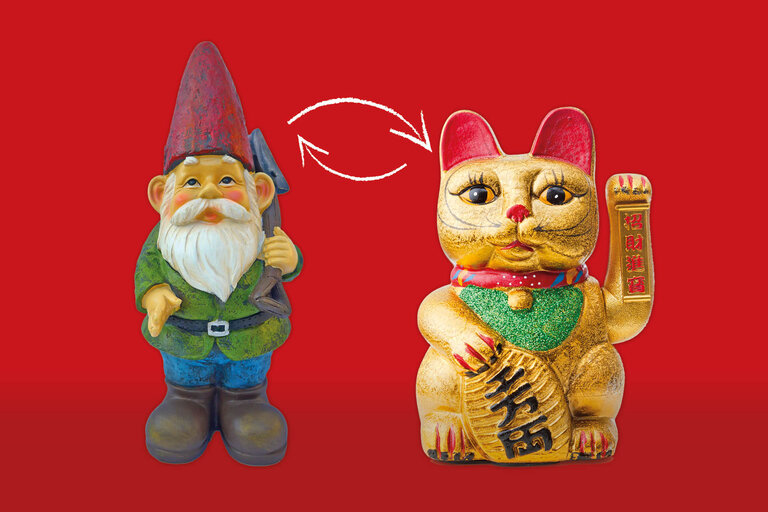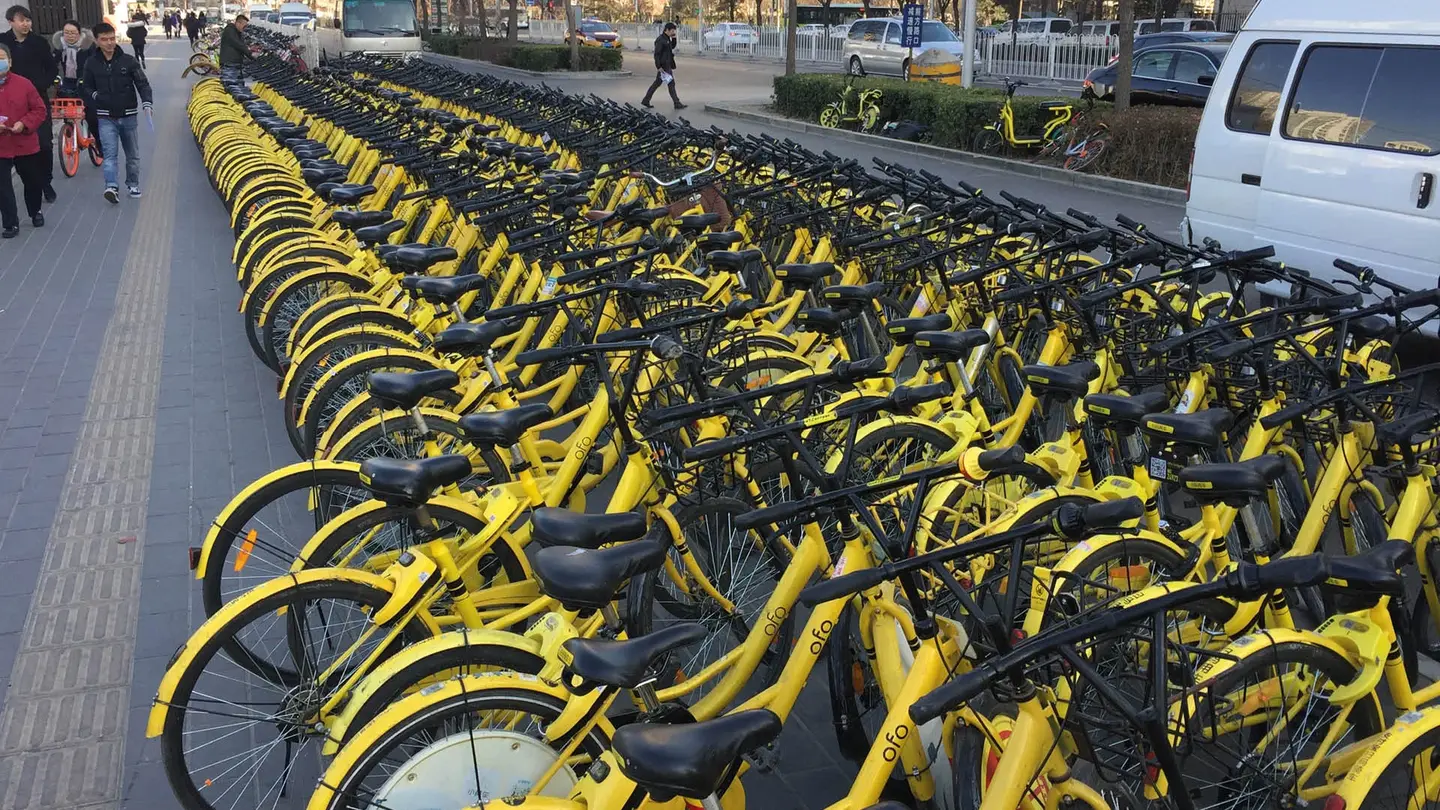A traveler’s voyage never ends – and when they return, they see their homeland in a different light. Dennis Schulz from our Shanghai office tells of his impressions when returning from overseas.
Apart from one break, I’ve been living in China for more than ten years now. I only return to Germany once or twice a year. So I wrote a tongue-in-cheek account of how that feels.
It really does require a major adjustment every time. It’s called ‘reverse culture shock’, and it’s experienced by people returning from abroad. So near, and yet so far. Germany is both for me. It’s home, and yet it feels foreign. So many things go through my head, so many trivialities amaze me.
Hamburg. The port, the lights, the sense of longing... sail with the ship into the wild blue yonder. Elbe. Alster. Ships. Yep, it sure is nice. My family and I enjoy the clean air and exploring the various parts of the city, each with its own distinct character. The city is more colorful and greener than Chinese cities. For us, Hamburg with its subcultures is multicultural. China, on the other hand, is more or less a monoculture. Compared to German cities, the number of foreigners living there is negligible. On the other hand, this makes it easier to get to know fellow expats – as an ‘exotic species’ we share similar experiences and there is an immediate feeling of affinity.
Sometimes, when coming back to Germany, it is sort of disappointing to find that nothing much has changed. Yet, at the same time, it is this lack of change that feels reassuring and comforting. I can see how my perception of the world around me has changed. Although I grew up with three brothers, I now find it strange to see families with more than one child. Having lived in China in a period when only one child was permitted, the image of a onechild family has become firmly ingrained. Basically, you hardly ever see families with two children, and if you do, they really stand out.
On our trip before last, we were here on Christmas Eve, the day on which Germans – unlike English-speaking cultures – celebrate Christmas. The streets were empty – there were no cars or people. They were all sitting around their Christmas trees of course. But to me it felt like the aftermath of the apocalypse – the silence and emptiness felt extremely unusual. Added to which, it was almost completely dark at night. Admittedly, this is partially due to the suburb in which my father lives. But it never feels dark in Beijing or Shanghai. This brought home to me what the term light pollution means.
Lost between two mother tongues
Once, when we arrived in Germany, I started speaking English to the taxi driver. It sometimes drives me crazy to hear German everywhere. I am constantly irritated by the fact that so many people around me are German. So much chatter that I can’t help hearing. I enjoy moving around Beijing or Shanghai and hardly taking in anything of the jabbering that is going on around me.
The last holiday in Germany was a bit like a ‘language-leaning vacation’ for our two and a half year old daughter Anika Yanqing. She is almost completely fluent in Chinese, but speaks little German. But that does not stop her from very confidently teaching German to the Chinese nanny, who speaks English with her. That’s why I was a bit concerned that after staying nearly three weeks in Hamburg, it was more likely that Grandpa would be speaking Chinese than my daughter German. But my concern turned out to be unfounded. Her vocabulary increased enormously.
Ordered chaos and a technical playground
Back in Hamburg, I laughed when I saw that the subway was empty in the morning. I got a seat at the height of the rush hour! In Beijing, I avoided the mass rapid transit in the morning, because there wasn’t even standing room and I normally had to wait three or four trains before I managed to fight my way to the front of the queue. (Nowadays, the Chinese actually stand in line at the station.) But I then regretted my arrogant attitude, as in Hamburg the subway trains only run every five minutes in the evening. You quickly get used to trains running at 90-second intervals! It drives me crazy and takes a huge amount of discipline to wait until everyone gets out of the train. Goodness, you could cut the waiting time in half in Hamburg if everyone got in and out at the same time!
Today, every major Chinese city has an MRT system, and trams have been re-introduced. Maglev trains have been built and monorails opened. China is in full experimental mode. Buses with electric motors still aren’t ready for series production in Germany? In Beijing, it’s the only type of bus allowed! Nowadays hardly anyone uses taxis, formerly a popular and inexpensive alternative to public transport. People simply call a car with an app. It’s faster, cheaper and more reliable. Or you just take a bike: Pull out your smartphone, launch the app, scan the QR code on the bike and off you go! They are everywhere ... and in fact, nowadays, there are more than enough.

